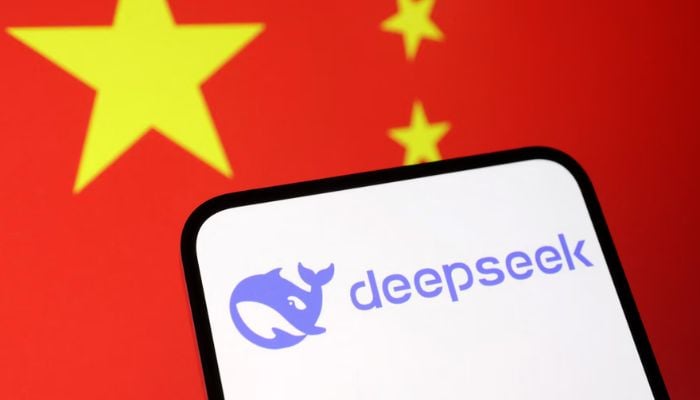Home / Technology
7 fascinating facts about DeepSeek that will blow your mind
DeepSeek R1 isn’t inherently smarter than rivals but was trained far more cheaply

DeepSeek, a Chinese artificial intelligence (AI) company, has shaken the global AI landscape with its cutting-edge, cost-efficient large language models (LLMs) earlier this year.
Founded by Liang Wenfeng and backed by High-Flyer, a quantitative hedge fund, DeepSeek rose rapidly by combining financial expertise with AI research.
Its approach has sparked debates in both Silicon Valley and Beijing, reshaping how we view AI innovation and economics.
Here are seven surprising facts about DeepSeek.
1. A cheaper way to train models
DeepSeek’s flagship model, DeepSeek R1, isn’t inherently smarter than rivals but was trained far more cheaply. This breakthrough challenges the high-cost model of OpenAI and Anthropic.
2. Founder’s roots in finance
Wenfeng, born in 1985 in Zhanjiang, China, co-founded High-Flyer, a hedge fund managing $10 billion by 2019.
His success in quantitative finance gave him the resources and vision to launch DeepSeek.
3. Engineering, not a leap ahead
DeepSeek hasn’t overtaken US models in accuracy. Instead, its world-class engineering and efficiency have made it competitive, proving that affordability can redefine the AI race.
4. Shaking Nvidia’s dominance
By lowering computational needs, DeepSeek reduced reliance on top-tier GPUs. While Nvidia remains essential, the real threat is to AI firms whose profits depend on high infrastructure costs.
5. Economic and geopolitical shockwaves
DeepSeek’s rise is less about Artificial General Intelligence (AGI) and more about economics.
Its affordability is forcing governments and corporations to rethink strategies in the AI arms race.
6. The value question in GenAI
While AI is worth trillions, generative AI faces challenges. Reliability issues and falling costs, driven by DeepSeek’s model, threaten inflated valuations of big AI firms.
7. The StarGate debate
Massive infrastructure projects like StarGate, projected at $500 trillion, now seem excessive.
DeepSeek’s success suggests smarter, cheaper innovation may be the wiser path forward.














